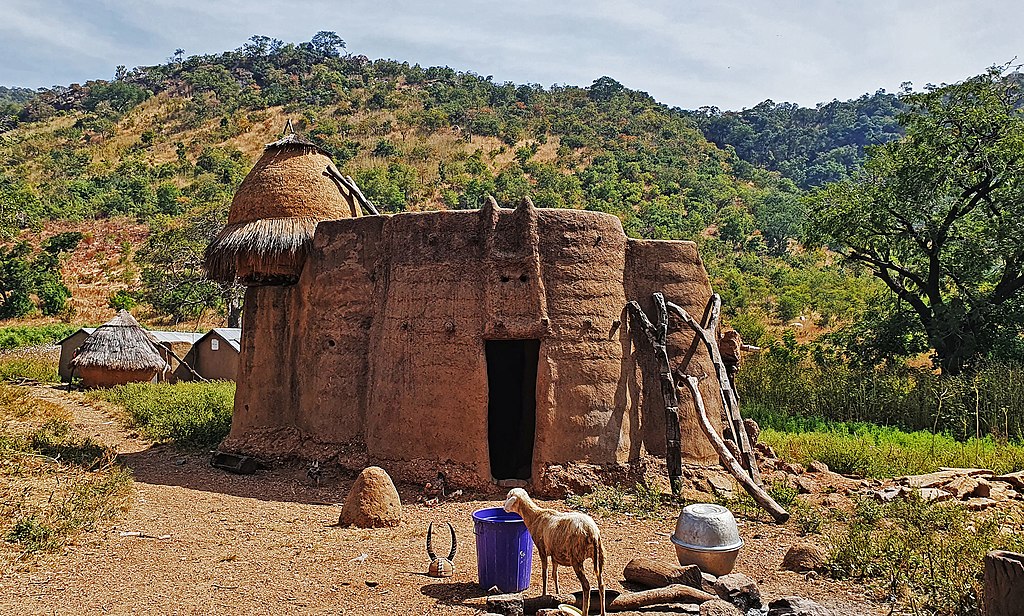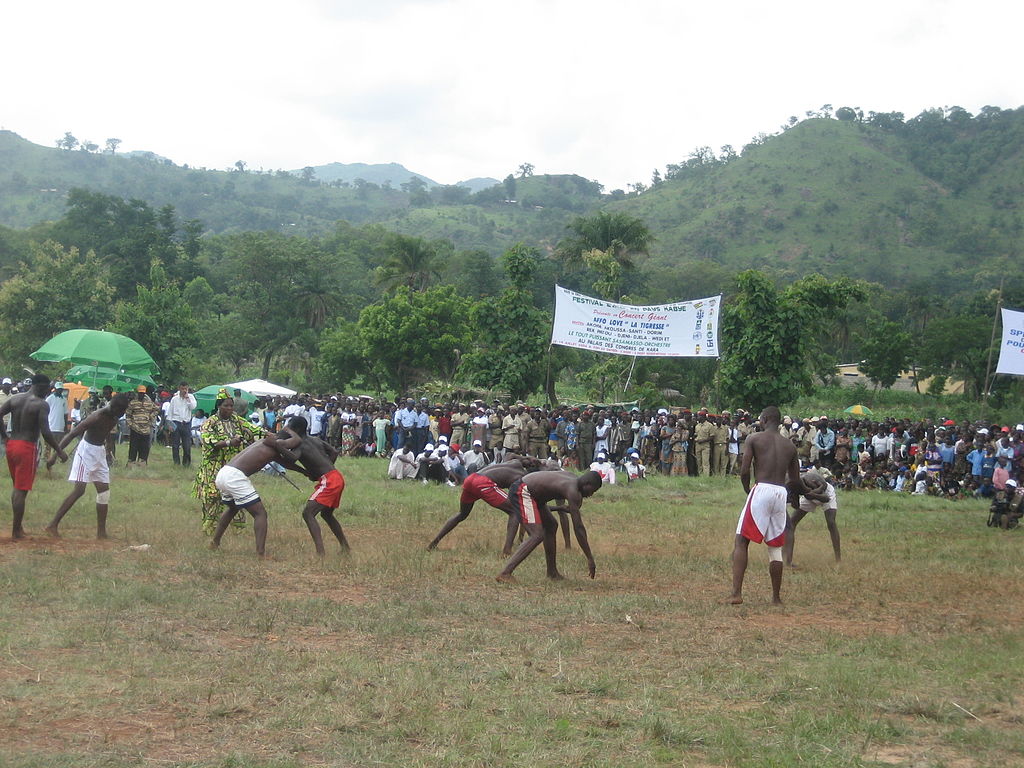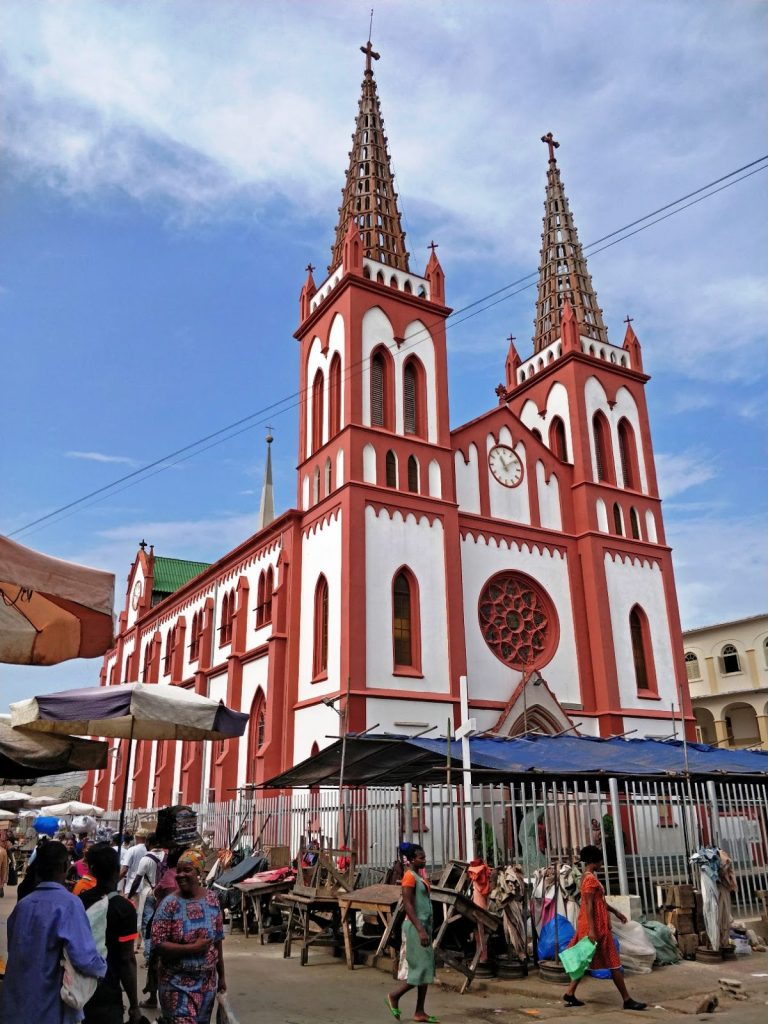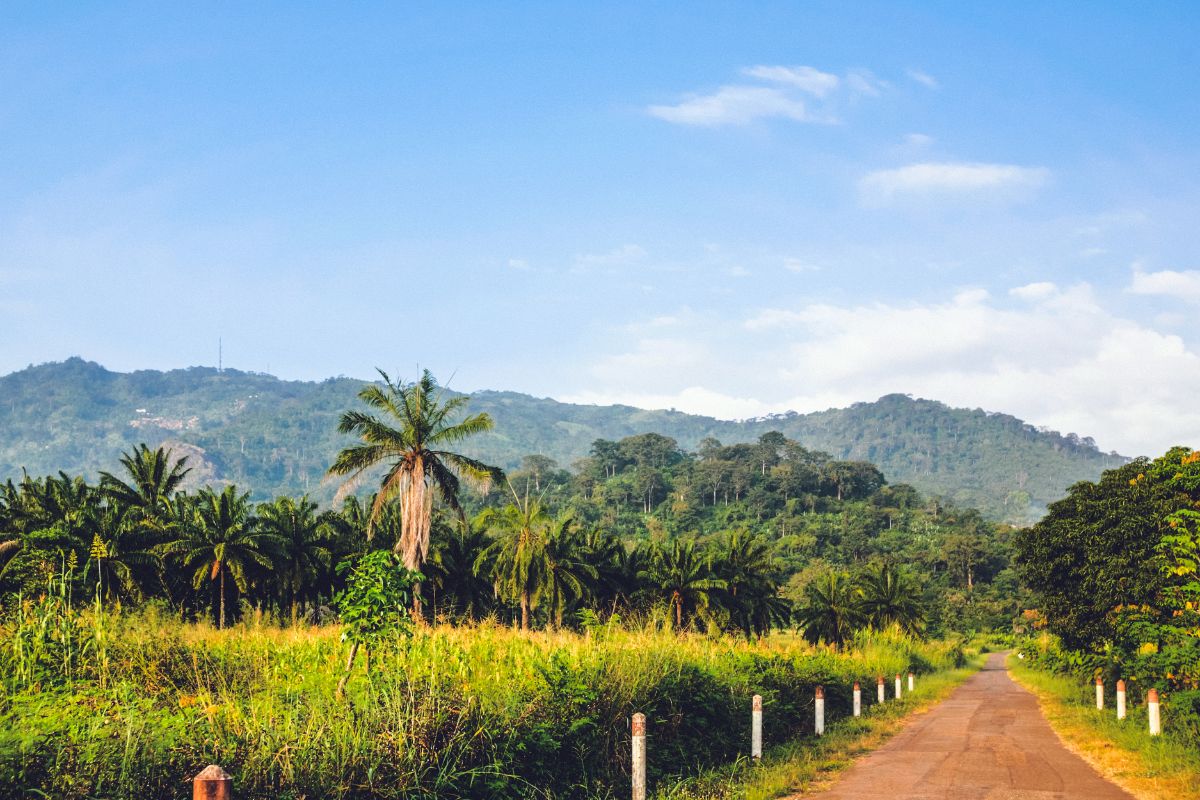One of Africa’s smallest nations with splendid cultural diversity, Togo is blessed with mountainous terrains in the north and lagoons in the south.
From hiking to the highest point, touring fishing villages, and canoeing in lake Togo, the explorer in you can have vivid experiences here.
Check out these fun facts before you book your tickets to Togo or the Togolese Republic for your next tropical getaway.
1. Visit The Magnificent Mud Castles When In Togo!
Koutammakou, the Land of the Batammariba, is Togo’s UNESCO World Heritage Site. It stretches to the neighboring country, Benin.
The indigenous people of Batammariba have built remarkable mud houses known as Takienta, and this craft has transcended to date. You can see the magnificent architectural finesse with which the mud towers are built.
These mud houses, a symbol of Togo, are built during the dry season with rooms and facilities like a normal house. These organic tower-houses reflect the co-existence of people and nature.

2. Togo Was Once “The Slave Coast”
The West African coastal countries were an epicenter of the slave trade during the 16th century.
Tribes from the surrounding regions of Ghana and Nigeria settled in the coastal area of modern-day Togo, which the Portuguese, followed by Europeans, first ruled.
3. Togo Has A Dramatic Political History
The political events of Togo have dramatic twists like Shakespeare’s works! The first president of the independent Togolese Republic, Sylvanus Olympio, was executed in 1963.
Four years later, Gnassingbe Eyadema took over as the president, becoming Togo’s longest-serving and most fearful dictator. A popular story about the assassination was that Eyadema had planned this event, but I believe that is off the record!
4. Togo Is One Of The Leading Producers Of Phosphate In Africa
Togo is one of the largest phosphate producers in Africa.
Other export earnings come from the agriculture sector. Cotton and cocoa are the most important cash crops.
5. Togolese People Have Diverse Cultural Heritage
Togo is one of the smallest countries in Africa but is culturally diverse, with more than 30 ethnic groups. Ewe, the largest group, were emigrants from Nigeria. Other major ethnicities include Mina, Kabre, and Wachi.
Although French is the official language, the masses prefer speaking in their native language. Do not worry; you can manage with the locals with a little French.
6. If You Can Bargain, You Can Shop A Lot In Togo!
If you plan to visit the Lome market in the capital city or go on a shopping spree anywhere else in Togo, brush up on your bargaining skills.
The markets in Togo are reputed to have inflated prices to earn some extra bucks. Don’t be shocked by the quoted prices; you can bring that down to something reasonable.

7. Heartland To The African Religion – Voodoo!
Unlike the west, Voodoo is not considered negative or sinful in Togo.
The Togolese people practice Voodoo, making it a part of their heritage, language, art, and medicine. People visit herbal centers more than they consult doctors during illness.
8. Benjamin Boukpeti Is The Only Togolese Olympic Winner
Benjamin Kudjow Thomas Boukpeti, a canoeist from Togo, brought glory back home in 2008.
He won the bronze medal in canoe slalom in Beijing in the Summer Olympics, the only medal of Togo since it started participating.
9. Evala – A Festival To Welcome Adulthood Of Young Men
Evala is a tradition celebrated in the Kara region in Togo to mark the adulthood of young boys. It involves wrestling between two parties where they display their dominance and strength over the other.
Every teen has to pass this initiation process to be officially accepted in the clan as a man. The fighting is held in July, and you can also experience local music, dance, and native storytelling following the competition.

10. Adore The Rare Biodiversity At Fazio Malfakassa National Park
The largest national park of Togo, Fazao Malfakassa, houses hundreds of species of wildlife. You can spot rare forest elephants in their natural abode in the conserved area.
You will be delighted if you are a bird watcher. The dense forest boasts colorful varieties of firefinch, hornbill, swamp greenbul, and sunbirds, to name a few.
Other national parks are Fosse Aux Lions National Park and Oti-Kéran National Park, to which you can plan your trip.

11. Experience The European Architecture And German Relics In Togo
Togoland, now Togo, was a German protectorate, and you will often get a glimpse of European architecture while roaming the streets of Togo.
The Sacred Heart Cathedral is one such specimen of German colonial times and is a classical building built in 1902.

12. Togo Has An Interesting Mix Of Religious Beliefs
Togolese people have faith in their ancestral traditions and practice Voodoo, which is believed to be connected with spirits and demons.
Muslims and Christians make up about 50% of the population, while the rest follow their indigenous faith that worships nature and ancestors or practice fetishism and Voodoo.

